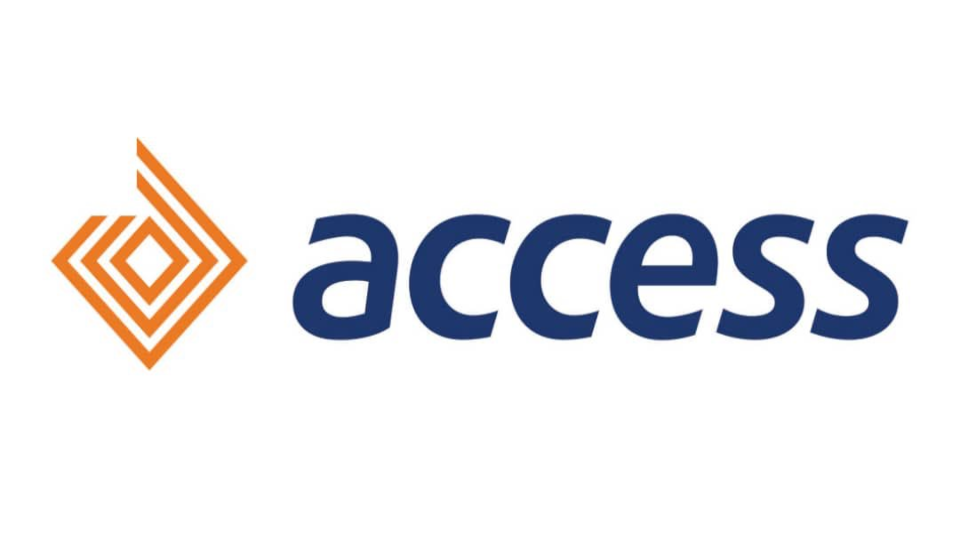Access Bank Kenya Embroiled in Bitter Defamation Lawsuit with Longstanding Client
Access Bank Kenya, a prominent financial institution in the region, finds itself at the center of a heated legal battle with one of its longstanding clients, a high-profile Kenyan businesswoman, over a multimillion-shilling defamation lawsuit. The case, which has garnered significant attention in Kenya’s financial and legal circles, stems from a contentious dispute involving alleged defamatory statements made by the bank that the client claims have severely damaged her reputation and business interests.
The plaintiff, whose identity has been withheld pending court proceedings, is a well-known entrepreneur with a decades-long relationship with Access Bank Kenya. According to court documents, the dispute began when the bank allegedly issued public statements and internal communications that accused the client of financial misconduct, including claims of defaulting on a substantial loan. The client vehemently denies these allegations, asserting that the statements were false, misleading, and deliberately crafted to tarnish her reputation in the competitive Kenyan business landscape.
The lawsuit, filed at the High Court in Nairobi, seeks damages exceeding KSh 500 million (approximately USD 3.8 million) for defamation, loss of business opportunities, and emotional distress. The plaintiff argues that the bank’s actions not only violated the terms of their banking agreement but also breached Kenya’s constitutional protections against defamation and infringement of personal dignity.
The core of the plaintiff’s case revolves around a series of communications allegedly made by Access Bank Kenya in 2024. These include a press release and internal memos circulated among bank staff and shared with third parties, which reportedly labeled the client as a “high-risk” individual engaged in questionable financial practices. The plaintiff claims these statements were disseminated without evidence and without giving her an opportunity to respond, leading to a significant loss of trust among her business partners and clients.
In response, Access Bank Kenya has defended its actions, stating that the communications were made in good faith to protect the bank’s interests and comply with regulatory requirements. The bank’s legal team argues that the statements were factual, based on internal audits that raised red flags about the client’s account activities. They further contend that the client’s lawsuit is an attempt to deflect accountability for alleged financial irregularities.
The case has sparked widespread debate about the balance between a bank’s right to protect its financial interests and a client’s right to privacy and reputation. Legal experts note that defamation lawsuits in Kenya’s financial sector are becoming increasingly common, as social media and public platforms amplify the impact of reputational damage. A 2023 report by Daily Nation highlighted how Kenyan courts have awarded significant damages in defamation cases, particularly when false statements lead to tangible financial losses.
The lawsuit also raises questions about Access Bank Kenya’s internal governance and communication protocols. Critics argue that the bank’s handling of the situation reflects broader challenges in Kenya’s banking sector, where transparency and client confidentiality are often at odds with regulatory pressures to combat fraud and money laundering. A similar case in 2024 involving Kingdom Bank, a subsidiary of Co-operative Bank, saw the High Court uphold a ruling against the bank for mishandling client funds, signaling a growing judicial scrutiny of banking practices.
The dispute has ignited discussions on social media platforms, with some Kenyans expressing support for the plaintiff, citing concerns about banks overstepping their authority. Others have sided with Access Bank, arguing that financial institutions must take decisive action to mitigate risks in an industry plagued by fraud. A recent post on X reflected mixed sentiments, with users debating whether the bank’s actions were justified or an abuse of power.
Industry analysts warn that the outcome of this lawsuit could set a precedent for how banks handle sensitive client information. “This case underscores the need for clear policies on public disclosures by financial institutions,” said Dr. Jane Mwangi, a financial law expert based in Nairobi. “Banks must balance their obligations to regulators with their duty to protect client confidentiality.”
Access Bank Kenya, a subsidiary of Nigeria-based Access Bank Plc, has been a key player in Kenya’s banking sector since its entry in 2019 through the acquisition of Transnational Bank. The bank has positioned itself as a champion of small and medium enterprises (SMEs), but it has faced challenges, including allegations of aggressive debt recovery practices. The current lawsuit adds to the bank’s legal woes, as it navigates a competitive market dominated by giants like Equity Bank and KCB Bank.
In a related development, Kenya’s banking sector has been under scrutiny for fraud and governance issues. For instance, a 2025 report by Kenya Insights detailed a Sh1.5 billion fraud scheme at Equity Bank, highlighting vulnerabilities in the industry. While Access Bank has not been directly implicated in similar scandals, the defamation lawsuit could further erode public trust in the sector.
The case is scheduled for a preliminary hearing in July 2025, with both sides expected to present evidence and witness testimonies. Legal analysts predict a protracted battle, given the high stakes and the complexity of proving defamation in a financial context. The plaintiff is seeking not only monetary compensation but also a public apology and a court order to retract the alleged defamatory statements.
As the legal proceedings unfold, the case is likely to draw further attention to the delicate relationship between banks and their clients in Kenya. For Access Bank Kenya, the outcome could have far-reaching implications for its reputation and operations in the region.
Disclaimer: The information in this article is based on court documents and public reports. The case is ongoing, and all parties are presumed innocent until proven otherwise in a court of law.


